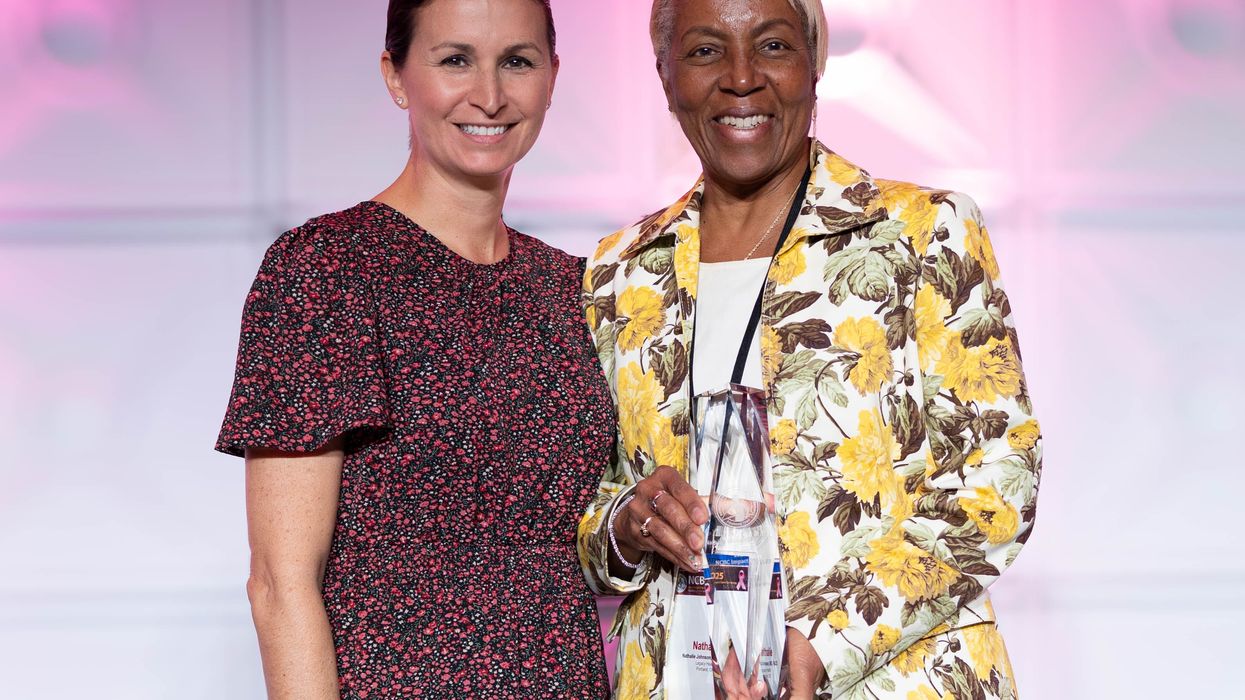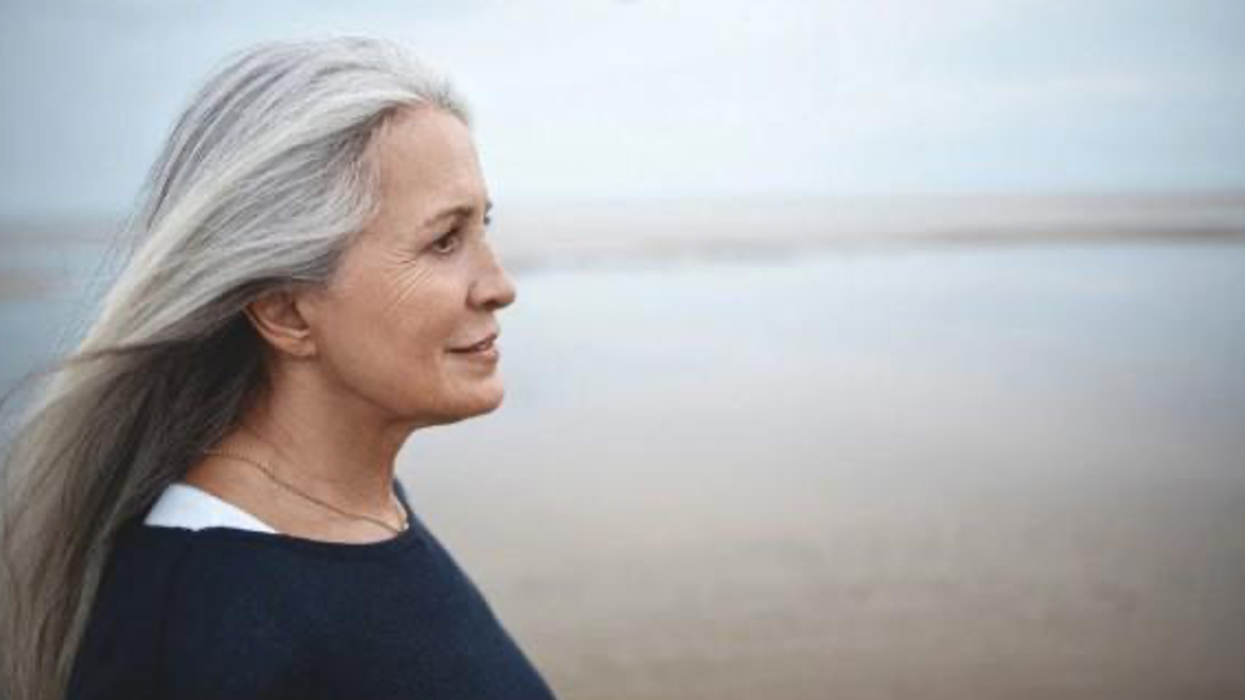Natalie Oliver Atherton, the newly crowned Ms. Senior America 2025, wears her title with purpose far beyond the glitter of a crown. At 63, the wife, mother, actress, and singer has chosen a platform with a profound yet simple mission: providing socks for the homeless.
Atherton’s advocacy is not just a new venture—it’s a continuation of her dedication to the cause. “I’ve been volunteering for the Sock it To Em Sock Campaign for four years, spearheading efforts to create a nationwide sock campaign,” she said. “Their mission is to ensure that homeless, unhoused, and underserved communities have brand-new socks on their feet.”
A Simple but Vital Need
The Denver-based Sock it To Em Sock Campaign has distributed over 1.3 million pairs of socks to homeless individuals across the country. Socks, often the most requested but least donated item in shelters, are crucial for preventing foot problems that frequently land homeless individuals in emergency rooms.
“One of the major problems for the unhoused is dirty socks, which lead to serious foot health issues,” Atherton explained. “When I first learned about this, I thought, ‘This is such an easy thing to do—how could people not jump on board?’”
Now, as Ms. Senior America 2025, Atherton is using her expanded platform to tackle this overlooked issue. She’s already enlisted the reigning queens in 14 of the 23 states participating in the Ms. Senior America Pageant to start their own sock drives.
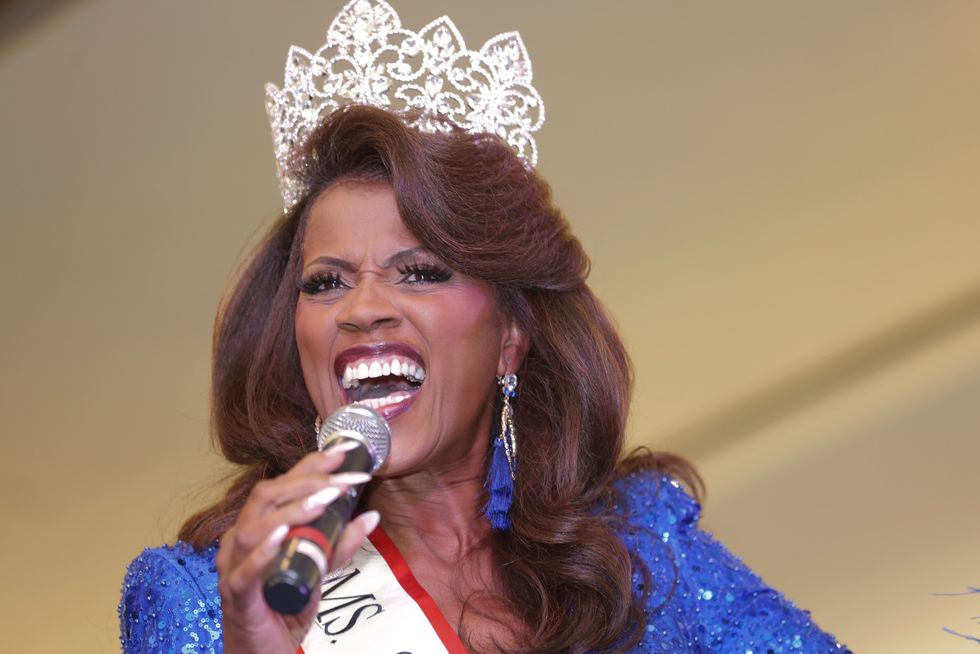
Why Socks Matter
“Foot hygiene and proper footwear, including clean socks, are vital for everyone, especially for individuals experiencing homelessness,” said Dr. Chrisette Dharma, Medical Director of Southwest Family Medicine Associates. “Diabetics, in particular, are at high risk of severe outcomes like wounds, infections, or even amputations from improper foot care. Simple steps like checking your feet daily can prevent a domino effect of health problems.”
Homeless individuals, who rely on walking as their primary mode of transportation, often suffer from neglected foot issues. The National Library of Medicine highlights that foot problems are common among the homeless but frequently overlooked.
Kelly Cobb, Vice President of Impact for Bombas, a brand that donates clothing to individuals experiencing housing insecurity for every item sold, echoed the importance of socks. “Clean, dry socks not only provide comfort but also ensure proper foot health by preventing irritation and infection. Socks are the number one most requested clothing item among our Giving Partners. When you offer socks to someone who needs them, you’re not just meeting a material need—you’re offering a moment of acknowledgment that goes farther than you might realize.”Bombas has donated over a 150 million clothing items to more than 3,500 of their Giving Partners nationwide.
The Third Chapter of Life
Atherton views this chapter of her life—what she calls her “third act”—as an opportunity to make a lasting impact. “If 0 to 30 is the first act, and 30 to 60 is the second act, then 60 to 100 is the third act,” she explained. “It’s my firm belief that the third act can be the very best.”
In addition to her sock campaign, Atherton is committed to supporting causes related to cancer, Alzheimer’s, and the performing arts for young people.
As she prepares to relinquish her crown next October in Atlantic City, New Jersey, Atherton’s legacy as Ms. Senior America 2025 will undoubtedly be defined by her compassion and dedication to those in need. Through her advocacy, she is proving that small, thoughtful actions—like giving a pair of socks—can have a profound impact on someone’s life.


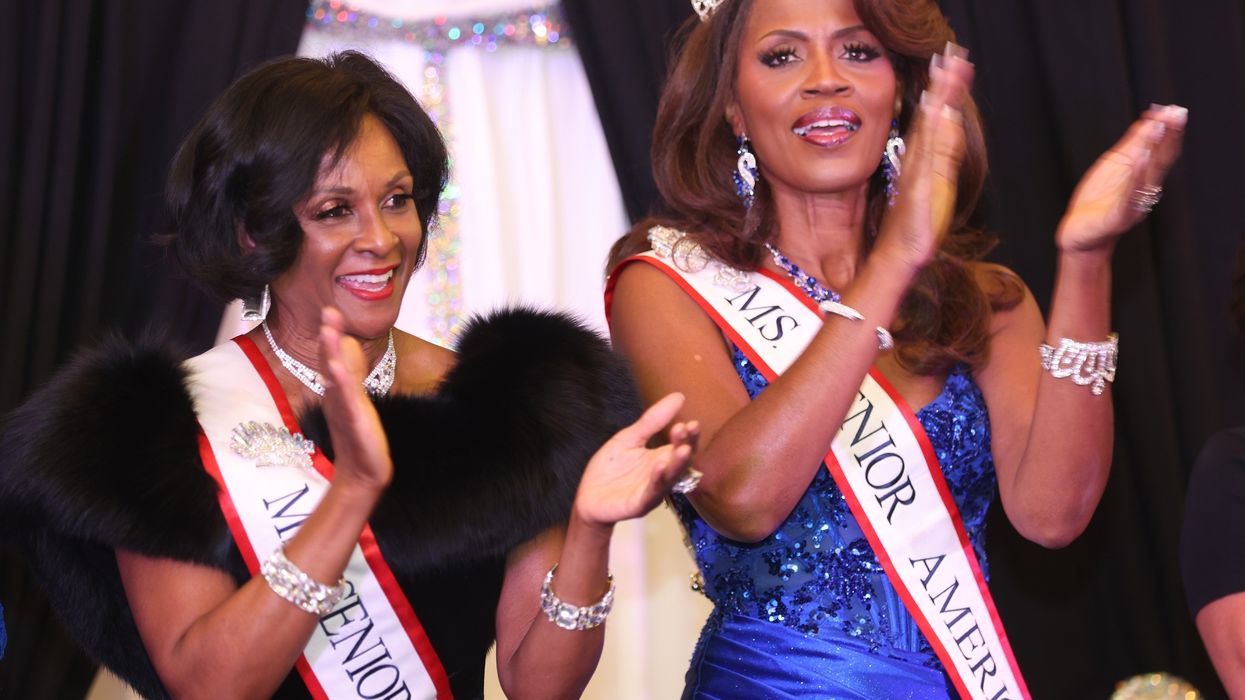







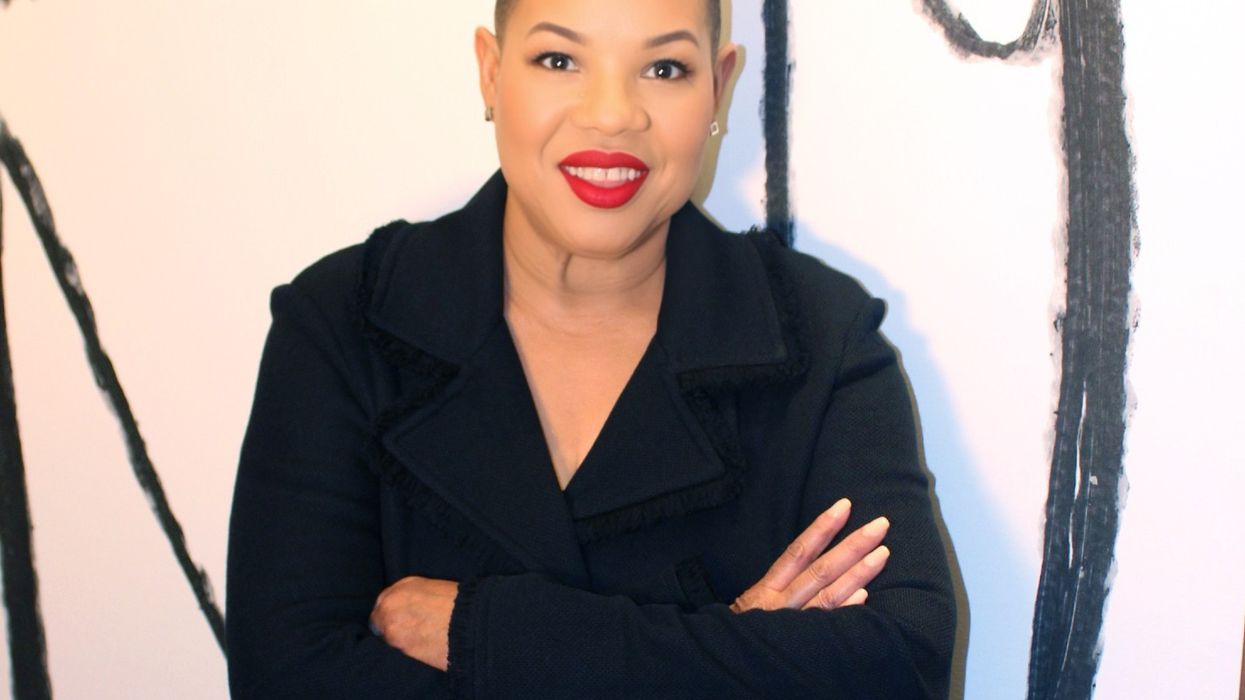



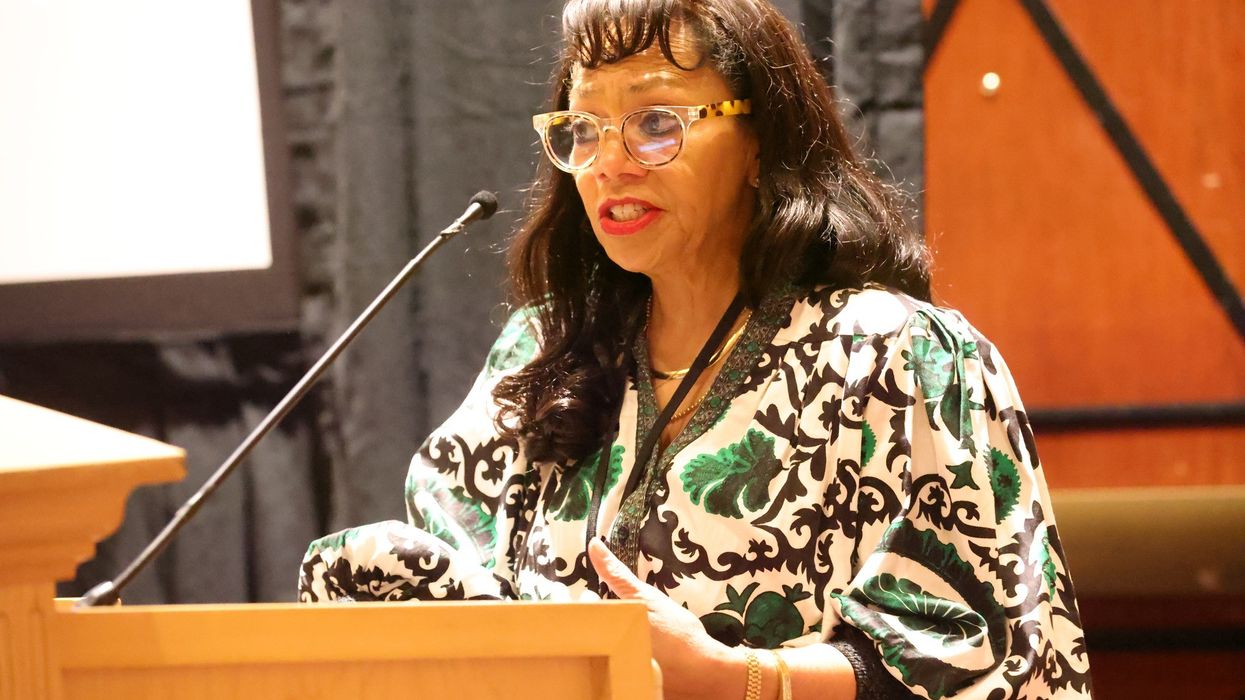
 Dr. Cary S. Kaufman teaches the "Essentials of Oncoplastic Surgery" course through the National Consortium of Breast Centers, providing breast surgeons around the world with advanced techniques for optimal breast surgery outcomes.
Dr. Cary S. Kaufman teaches the "Essentials of Oncoplastic Surgery" course through the National Consortium of Breast Centers, providing breast surgeons around the world with advanced techniques for optimal breast surgery outcomes.
 Dr. Jay Harness, MD, FACS, founder of Cancer Fitness, believes that when a woman begins exercising after breast cancer, it marks the start of her personal reconstruction journey.
Dr. Jay Harness, MD, FACS, founder of Cancer Fitness, believes that when a woman begins exercising after breast cancer, it marks the start of her personal reconstruction journey.